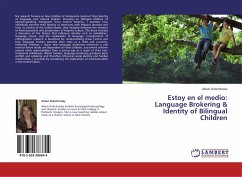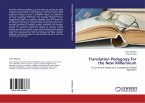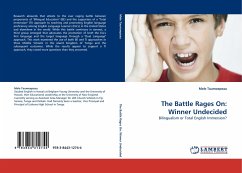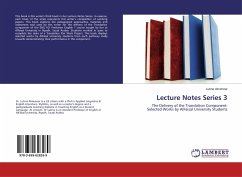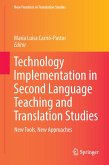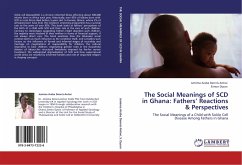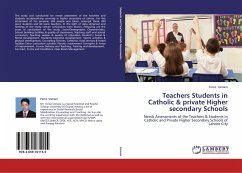My research focuses on how children of immigrants construct their identity as language and cultural brokers. Focusing on bilingual children of Spanish-speaking immigrants from Central America, I examine how individuals perceive their identity as Americans with Hispanic ancestry and how, as citizens of the United States, they navigate between the tensions of Americanization and preservation of Hispanic culture. This book includes a discussion of the factors that influence identity such as assimilation, language choice, and the racialization of language. Incorporation of ethnographic research is beneficial for understanding these factors and how language brokers perceive their roles as a child and currently. Following Orellana, I argue that language brokering reinforces a role reversal where adults are dependent on their children, and where children assume adult responsibilities from a young age as a result of their non-traditional childhoods. Within families, language brokering produces both conflict and solidarity, and therefore influences social identity and familial relationships. I conclude by considering the implications of multiculturalism in the United States.
Hinweis: Dieser Artikel kann nur an eine deutsche Lieferadresse ausgeliefert werden.
Hinweis: Dieser Artikel kann nur an eine deutsche Lieferadresse ausgeliefert werden.

